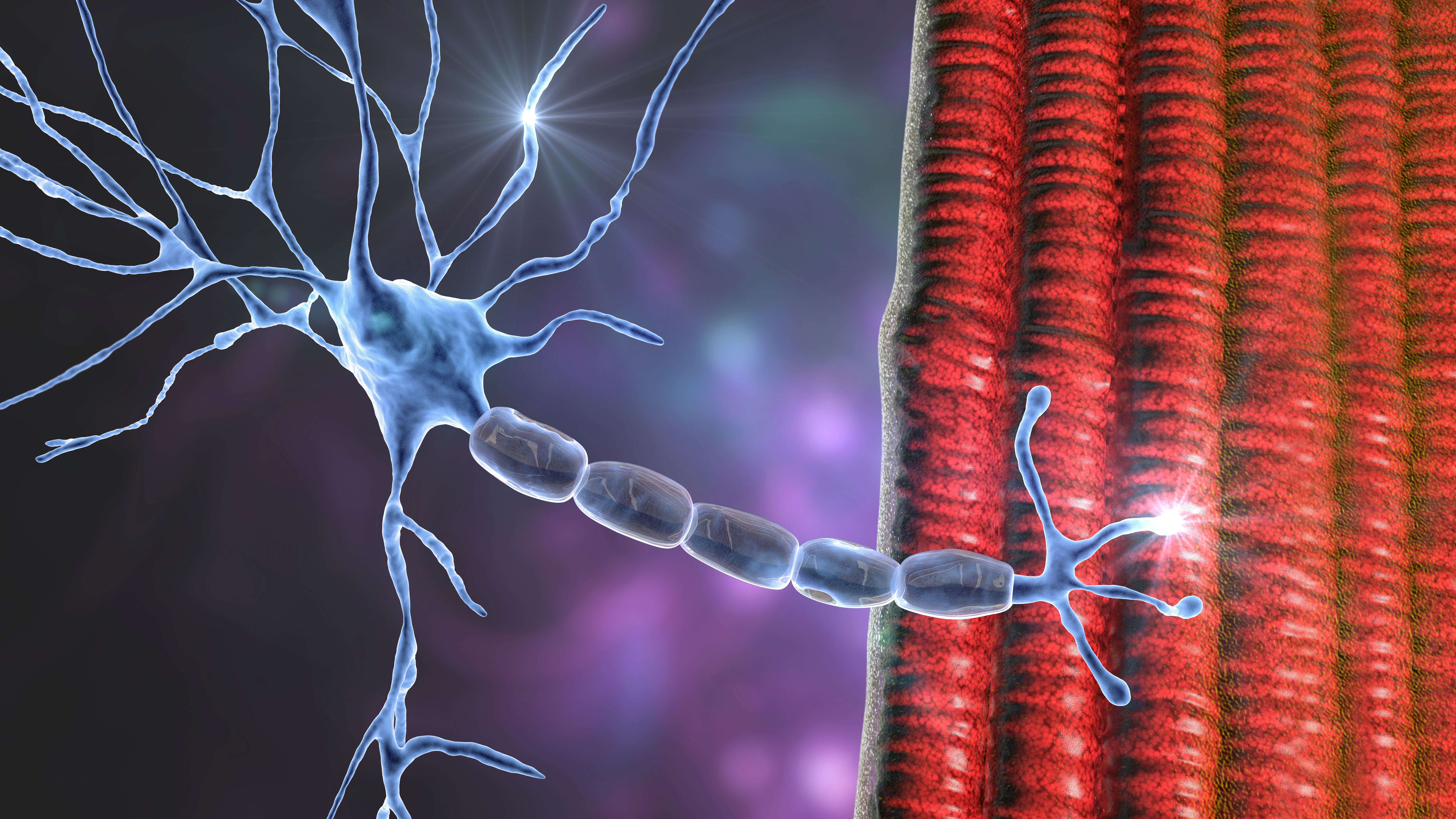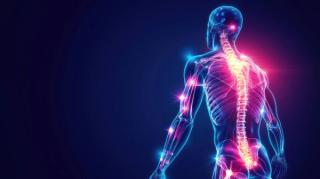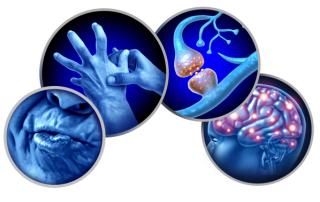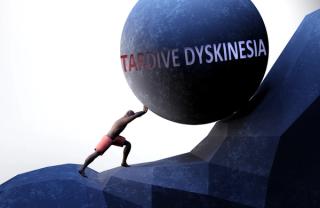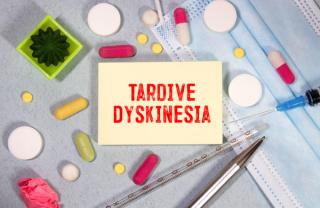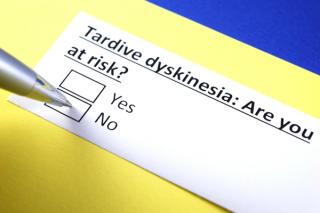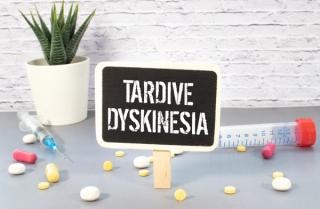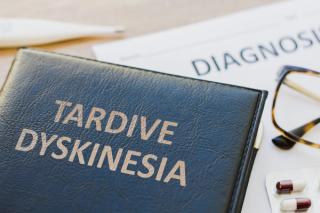
Tardive Dyskinesia
Latest News

New Head-to-Head Data Shows Higher VMAT2 Target Occupancy for Ingrezza Compared With Austedo XR
Video Series

Latest Videos
Podcasts
CME Content
More News

Tardive dyskinesia significantly impacts older adults in long-term care, necessitating timely recognition and effective treatment strategies for improved quality of life.
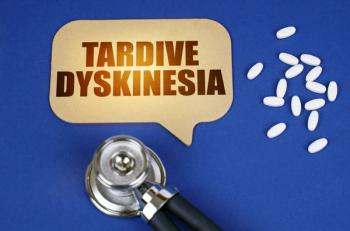
New analysis reveals Ingrezza's 40 mg dose significantly improves tardive dyskinesia symptoms, showcasing long-term efficacy and safety in patients.
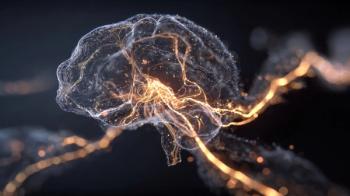
In this CME article, explore the complexities of movement disorders in psychiatric practice, including their causes, symptoms, and treatment strategies for better patient care.
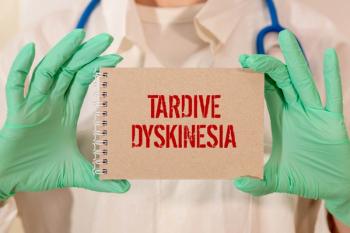
New analysis reveals Ingrezza achieves rapid symptomatic remission in tardive dyskinesia, enhancing patient quality of life and reducing disease burden.

Learn more about how to best assess and treat tardive dyskinesia.

New analyses reveal valbenazine (Ingrezza) significantly enhances quality of life and functional outcomes for patients with tardive dyskinesia, supporting its long-term efficacy.
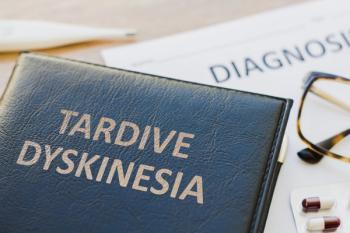
Check out new data from the long-term, open-label KINECT 4 study on Ingrezza capsules for the treatment of tardive dyskinesia.
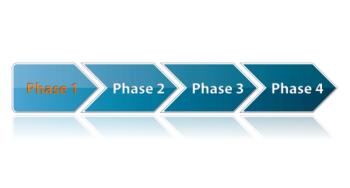
Neurocrine Biosciences has initiated a phase 1 clinical study to evaluate the safety, tolerability, pharmacokinetics, and pharmacodynamics of NBI-1140675 for certain neurological and neuropsychiatric conditions, such as tardive dyskinesia.
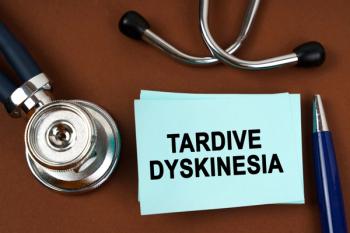
Newly shared top-line phase 4 data demonstrates clinically meaningful and sustained effects of Ingrezza capsules on the physical, social, and emotional impacts experienced with tardive dyskinesia.
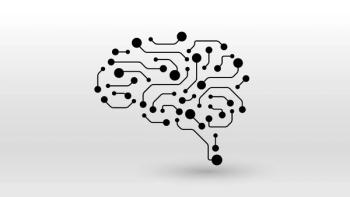
Check out 2 new psychopharmacology innovations!

A new analysis from a 3-year open-label extension study revealed that treatment with deutetrabenazine was associated with long term improvement of symptoms of tardive dyskinesia.

Rakesh Jain, MD, shares more about the recent approval of Austedo XR for the treatment of tardive dyskinesia and Huntington disease chorea control.
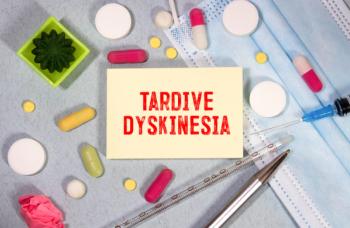
The FDA has approved Austedo XR as a once-daily pill treatment option for tardive dyskinesia and Huntington disease chorea control.
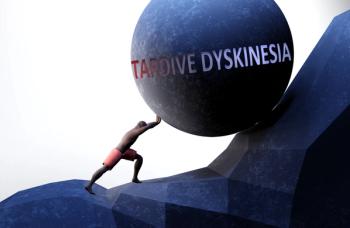
Check out new data from phase 3 study of Ingrezza for the real-world management of tardive dyskinesia.

Here are highlights from the third day of this year’s APA Annual Meeting.

New research on tardive dyskinesia has also been featured at the 2024 APA Annual Meeting.
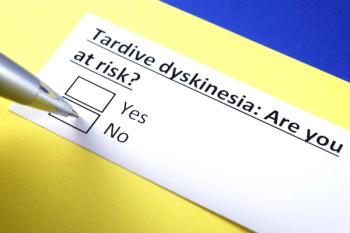
This 2024 APA Annual Meeting poster estimated the prevalence of tardive dyskinesia in antipsychotic users in the US, and found rates ranging from 94.1-127.4 per 1000 antipsychotic users.

Deutetrabenazine extended-release tablets are now available.

A new, easy-to-use scale might be able to help clinicians determine the impact of tardive dyskinesia on patient functioning.

Take a look at the 4 primary movement disorders commonnly encountered in psychiatry when antipsychotics are prescribed.
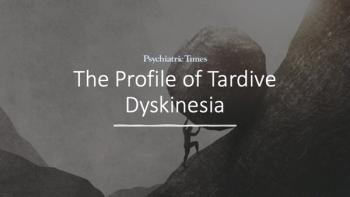
How do race, age, and gender correlate with the risk of tardive dyskinesia?


What do we know about TD? What is on the horizon? Take the quiz to learn more.
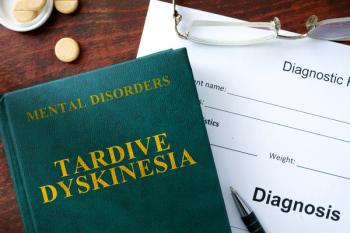
How could drugs that block post-synaptic dopamine 2 receptors increase the risk for tardive dyskinesia over time?

Major risk factors for onset of tardive dyskinesia are considered.



